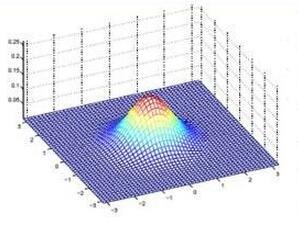High-dimensional and incomplete (HDI) data holds tremendous interactive information in various industrial applications. A latent factor (LF) model is remarkably effective in extracting valuable information from HDI data with stochastic gradient decent (SGD) algorithm. However, an SGD-based LFA model suffers from slow convergence since it only considers the current learning error. To address this critical issue, this paper proposes a Nonlinear PID-enhanced Adaptive Latent Factor (NPALF) model with two-fold ideas: 1) rebuilding the learning error via considering the past learning errors following the principle of a nonlinear PID controller; b) implementing all parameters adaptation effectively following the principle of a particle swarm optimization (PSO) algorithm. Experience results on four representative HDI datasets indicate that compared with five state-of-the-art LFA models, the NPALF model achieves better convergence rate and prediction accuracy for missing data of an HDI data.
翻译:在各种工业应用中,高维和不完全(HDI)数据具有巨大的互动信息。潜伏系数模型非常有效地利用随机梯度等同算法从人类发展指数数据中提取宝贵信息,然而,基于SGD的LFA模型由于只考虑目前的学习错误而缓慢趋同。为解决这一关键问题,本文件提出一个非线性PID增强适应性低温因子(NPALF)模型,有双重想法:1)根据非线性PID控制器原则,考虑过去的学习错误,以重建学习错误;b)按照粒子群优化算法原则,有效实施所有参数的调整;四套具有代表性的人类发展指数数据集的经验表明,与五套最先进的LFA模型相比,NAFLF模型在人类发展指数数据缺失数据方面实现更好的趋同率和预测准确性。



